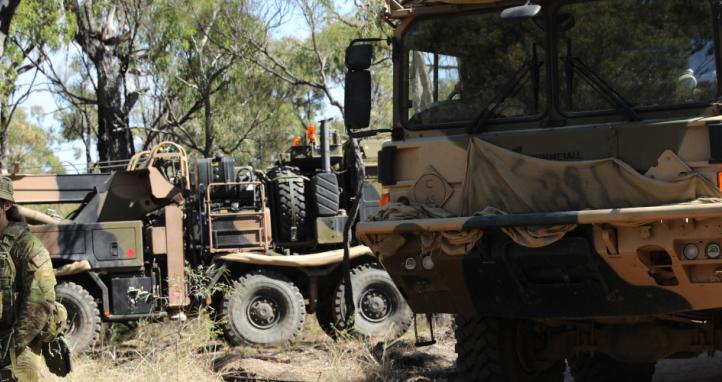While in the Defence Force, throughout our career, we constantly conduct AIRN assessments for weapons, fitness, medical, and dental to keep our bodies in check, but should an annual mental health check-up be part of the process?
We essentially non-tech ourselves with fitness, medical, and dental assessments; however, we are neglecting the most important component: our mental health. It’s time to turn our focus inward and non-tech our mental wellbeing.
Scheduling a mental health appointment should be treated like servicing your car. You take it to the mechanic for a service as preventative maintenance, changing your oil and filters and getting a general check-up so your engine doesn’t explode. You don’t just book in for a service after your engine has XX’d itself.
Yet seeking help for mental health is often clouded by stigma within Defence. Everyone at a point in time gets burnt out, angry, or jaded and has the sudden urge to submit that AC853 to transfer or separate. Rather than taking it out on yourself or burying your emotions why don’t we NTI ourselves by having a chat with mates and your team, and importantly, having a chat with a psychologist?
Unfortunately, Defence as a whole – as much as we want to deny it – can still have an extremely negative stigma on members who put their hand up and say they want a professional mental health check. Members fear they will be MEC downgraded or put on restrictions for seeking help. However, the effect can and should be quite the opposite – and is especially so when seeking assistance from external mental health providers.
NCOs are constantly told to account for you team, but how often are NCOs actually given the time to accomplish this?
We are always told to find a way to fill white space with training, PT, or PME. Why not allocate some of this time to grabbing breakfast or a coffee with your team to honestly check up on the section or detachment in a place away from the barracks?
This shouldn’t be limited to ORs but should occur at all ranks, taking some time with your team away from work that isn’t PME, and isn’t PT. It’s just a genuine relaxed chat with your teams. These chats need to occur during the normal work hours, since if someone is struggling they would rather be at home than at work after hours.
We can talk about how important our mental health is all we like, but at the end of the day, it is up to you to make the change regardless of rank. Seeking help is not a sign of weakness but instead a show of strength and moral courage. To Non-Tech yourself is a commitment to your family and friends, and most importantly: yourself. No one can read your mind better than the person in the mirror. At the end of the day, you are the one who will benefit from seeking professional help, which in turn will then benefit your personal and professional life as well.
“When you share something with someone it helps place it in perspective, but if you keep it in, it eats you alive from the inside.”
On Killing by Dave Grossman










Well done.